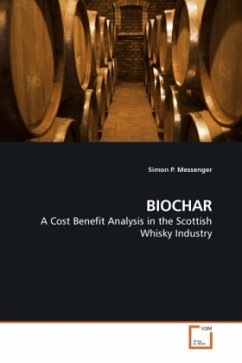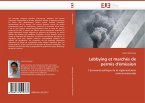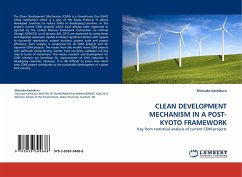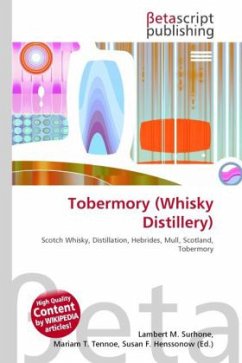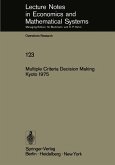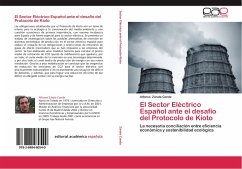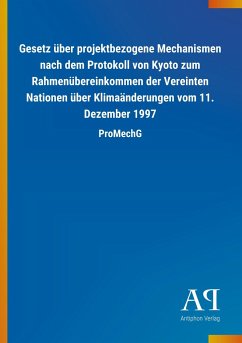Biochar is a carbon-negative process with important environmental credentials which is capable of sequestering significant amounts of carbon into the soil pool. Under the Kyoto Protocol, biochar could, one day, be eligible for carbon credits and, depending on the legislation in the U.K., be eligible for Renewable Obligation Certificates. The Scottish Whisky Industry is an ideal setting for the commercial development of biochar due to the large quantity of draff co-products produced during the production of whisky. The Industry also has a high potential for the development of Combined Heat and Power projects, as well as additional carbon capture and algal capture technologies, which could lead to important energy and financial savings. This book shows how the Scottish Whisky Industry could annually produce significant amounts of biochar, sequester important quantities of carbon dioxide and, in addition, make significant profits. A Cost Benefit Analysis of the application of biochar in the Scottish Whisky Industry is presented in detail.
Bitte wählen Sie Ihr Anliegen aus.
Rechnungen
Retourenschein anfordern
Bestellstatus
Storno

